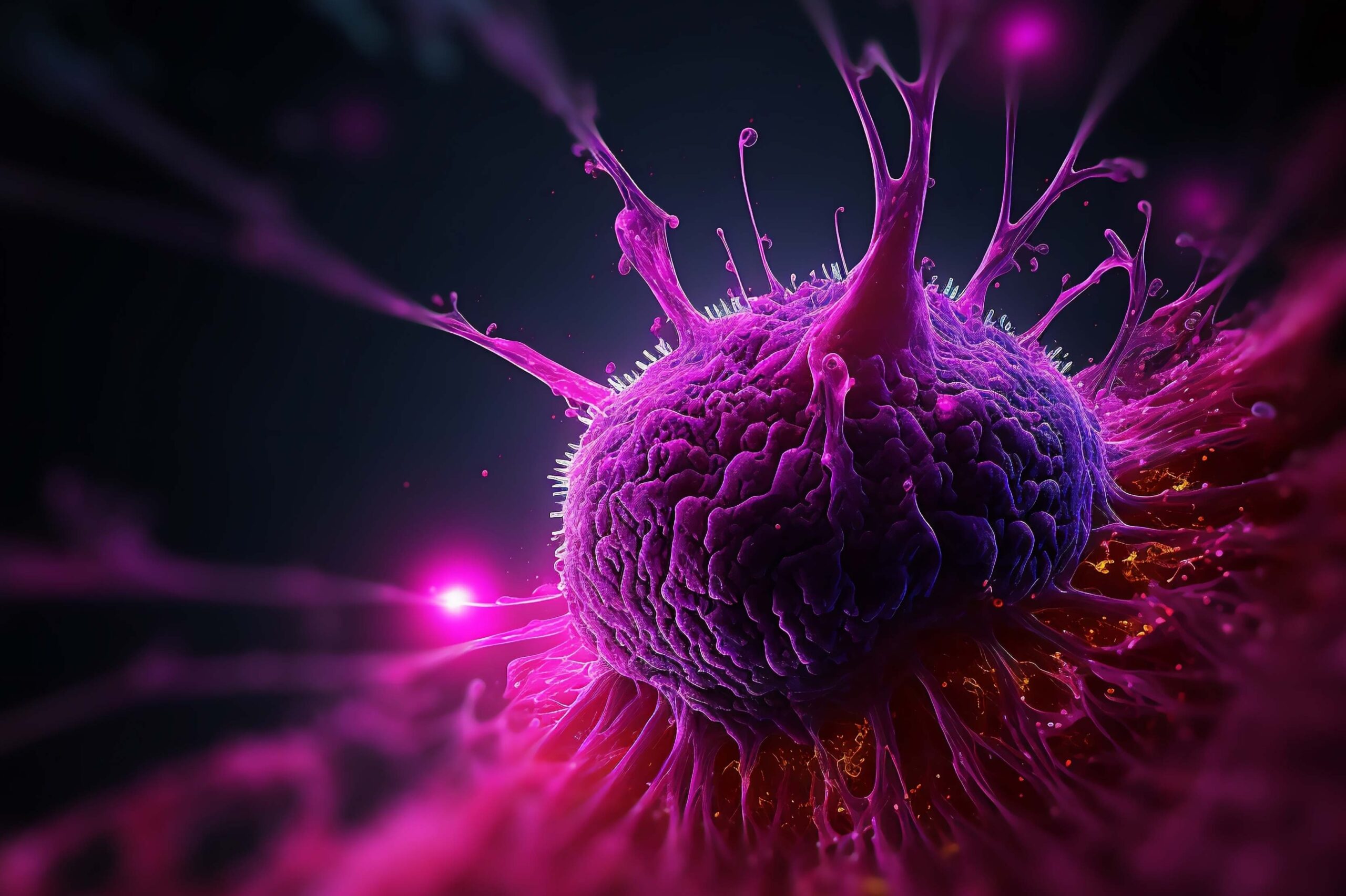Prevention of Disease Onset:
While early detection can catch cancer in its initial stages, the disease has already formed. Cancer driver interception has the potential to prevent the disease from even starting, leading to true prevention.
Reduction in Treatment Complexity and Costs:
Treating established cancers, even at early stages, can be complex and expensive. By focusing on interception, one can potentially avoid the challenges and costs associated with surgeries, radiation, and chemotherapy.
Lower Morbidity:
Many cancer treatments, even if effective, come with side effects and can affect the quality of life. Preventing cancer altogether would avoid such morbidities.
Potential for Reduced Recurrence:
Interception targets the root causes or drivers of cancer. By doing so, there's a potential to significantly reduce the risk of recurrence, as the foundational triggers are addressed.
Improved Patient Outcomes:
The psychological, physical, and financial toll of a cancer diagnosis, even if detected early, is immense. Interception can result in significantly improved patient outcomes across these dimensions.
Tailored Therapeutic Interventions:
Understanding and targeting cancer drivers can lead to more personalized therapeutic interventions. Such targeted treatments can be more effective and present fewer side effects than traditional broad-spectrum therapies.
Scientific Advancements:
With the advancements in genomics, proteomics, and bioinformatics, we are now at a point where it's feasible to identify and understand cancer drivers at a molecular level. This was impossible a few decades ago, making interception a timely and cutting-edge approach.
Broadened Impact on Multiple Cancers:
While early detection methods might vary greatly across different cancers (e.g., mammograms for breast cancer, colonoscopies for colorectal cancer), understanding fundamental cancer drivers might offer insights applicable across multiple cancer types.
Evolution of Cancer Understanding:
The push towards cancer driver interception indicates the evolution of our understanding of cancer. It signifies a move from treating the symptoms (the tumors) to addressing the underlying causes (molecular drivers).


